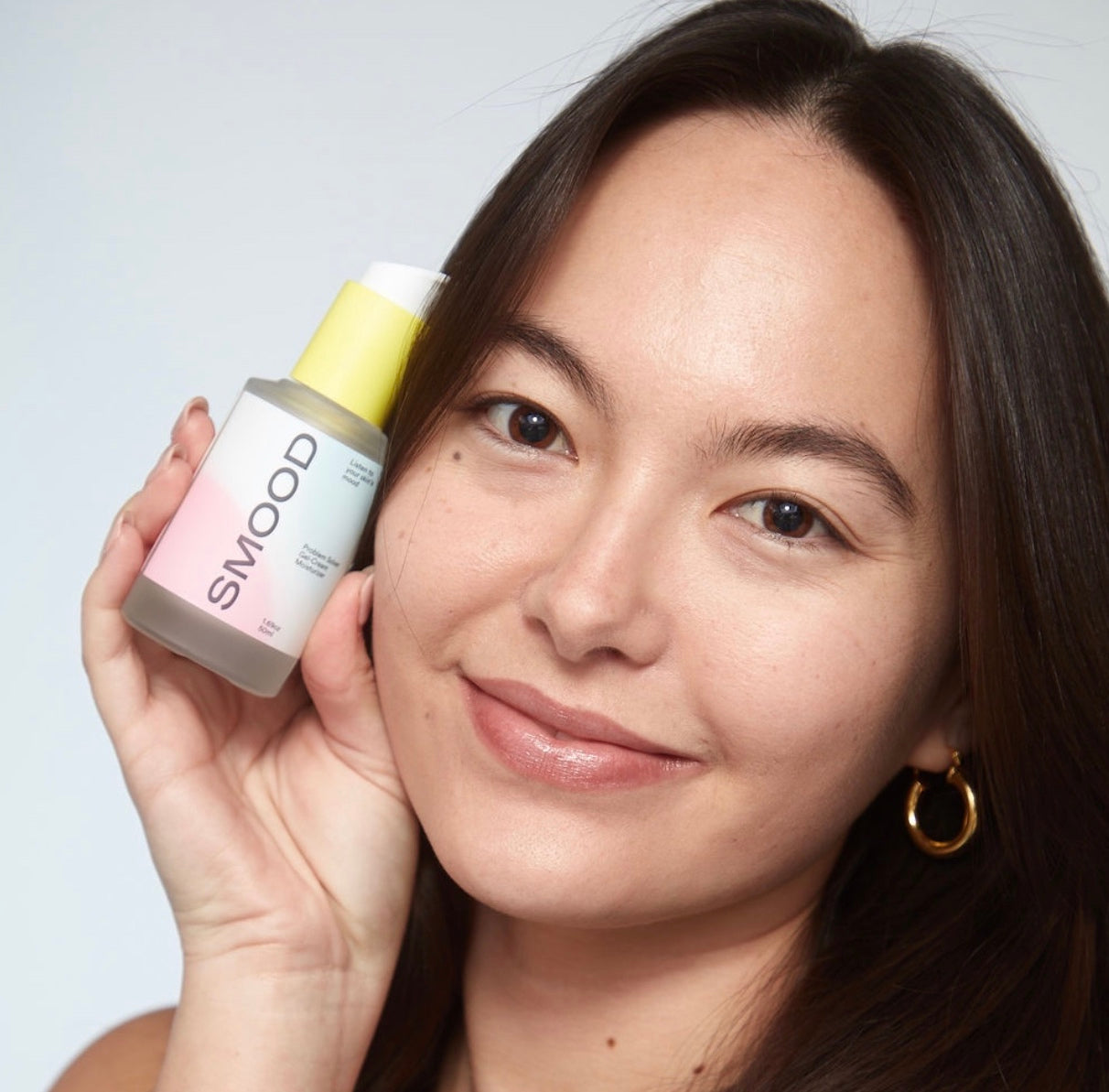
The top 10 tips for healthy skin (no it's not just skincare!)
Skincare is an essential aspect of our daily routine that we often overlook. But the truth is, our skin is our largest organ, and it deserves proper care and attention. From preventing breakouts and slowing down aging to keeping our skin healthy and glowing, taking care of our skin is crucial. Here are the top 10 skincare tips that can help you achieve the perfect skin.
Protect Your Skin from the Sun
Exposure to the sun can cause wrinkles, age spots, and other skin issues. Protect your skin by applying sunscreen with an SPF of at least 30 before stepping out. You should really be reapplying sunscreen every two hours, especially if you're swimming or sweating - however this isn't always convenient or realistic. If you're indoors all day you likely do not have to reapply every two hours, but when you're outside you should try your best to. You can also wear protective clothing like hats and sunglasses to shield your skin from the sun's harmful rays.
Keep Yourself Hydrated
Drinking enough water is essential for maintaining healthy skin. Our body needs water to flush out toxins and keep our skin hydrated. Aim to drink at least eight glasses of water a day. You can also increase your water intake by consuming foods with high water content like cucumbers, watermelon, and celery.
Get Enough Sleep
Sleep is so underrated! Our skin repairs and regenerates while we sleep, making sleep a crucial factor in maintaining healthy skin. Aim for 7-8 hours of sleep every night to give your skin the rest it needs. Lack of sleep can cause dark circles, fine lines, and a dull complexion.
Focus on gut health
The food we eat plays a significant role in the health of our skin. A diet rich in fruits, vegetables, and healthy fats can help nourish our skin and prevent breakouts. On the other hand, consuming processed and sugary foods can lead to inflammation, which can cause acne and other skin problems. There are a variety of foods and supplements that can help with gut health, including taking probiotics, prebiotics, digestive enzymes and bone broth. Poor gut health is often overlooked as one of the main causes of inflamed skin.
Cleanse Your Skin
Regularly cleansing is an essential step in any skincare routine. It helps remove dirt, oil, and impurities from our skin. You don't necessarily have to wash your skin twice a day. For people with drier, sensitive skin - it may be beneficial to avoid using a cleanser in the morning. For oilier skin, you may find it helpful to use a gentle cleanser. Choose a cleanser that suits your skin type and avoid harsh soaps or scrubs that can damage your skin's natural barrier. Remember that stripping the skin can cause your skin to go into overdrive and produce more sebum to counteract the dryness!
Exfoliate Your Skin
Exfoliation is the process of removing dead skin cells from the surface of our skin. It helps to unclog pores, prevent acne, and promote cell renewal. However, be careful not to over-exfoliate, as it can cause irritation and damage to your skin. Because everyone's skin is so different, you simply can't make a blanket statement/direction to exfoliate 2-3 times a week. Some people may only need to exfoliate once every two weeks, while some people with more resilient skin may find it tolerable to exfoliate 3 times a week. The important thing is to listen to your skin's mood. Does your skin look dry, irritated, red? Scale back on the exfoliation and focus on hydrating and nourishing the skin instead. While retinoids are great at increasing the skin cell turnover, it can be very drying so it is advisable not to combine exfoliating acids with retinoids on the same day.
Moisturize Your Skin
Moisturizing is essential for keeping our skin hydrated and healthy. Choose a moisturizer that suits your skin type and apply it twice a day, once in the morning and once before bed. Don't forget to moisturize your neck and hands, as they can also show signs of aging. Some great moisturizers contain a blend of hydrators and occlusives to lock in the moisture in your skin. For people with acne-prone skin, it is advisable to avoid using moisturizers that are super thick and creamy as as those could potentially cause blocked pores which may lead to increased breakouts.
Use Products with Antioxidants
Antioxidants like vitamin C and E help protect our skin from damage caused by free radicals. Free radicals are unstable molecules that can cause damage to our skin cells, leading to wrinkles, fine lines, and other signs of aging. Look for skincare products that contain antioxidants to keep your skin looking young and healthy.
Our Calm Me Down Antioxidant Cleanser is packed with antioxidants from 6 different fruits!
Don't Smoke
Smoking is harmful to our overall health, including our skin. Smoking can cause wrinkles, age spots, and a dull complexion. It also decreases blood flow to our skin, making it harder for our skin to repair itself. Quitting smoking is the best thing you can do for your skin and overall health.
Be Gentle with Your Skin
Lastly, be gentle with your skin. Avoid using hot water when washing your face, as it can strip away your skin's natural oils. Use a gentle touch when cleansing and applying skincare products, and avoid rubbing or pulling at your skin. Also, be mindful of the ingredients in your skincare products, as some can be harsh and irritating to your skin.



Leave a comment
This site is protected by hCaptcha and the hCaptcha Privacy Policy and Terms of Service apply.